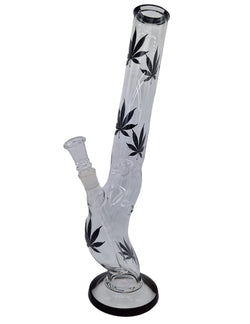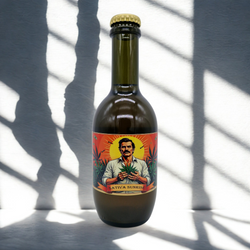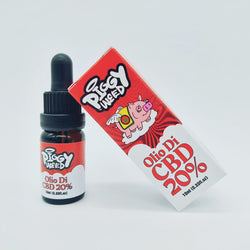Slimming herbal teas work to lose weight? The answer is yes, but only if combined with a varied and balanced diet and good levels of physical exercise. In short, these herbs cannot replace good wellness practices, but they can provide a concrete help to "throw off" the extra pounds. Some herbal teas have a purifying action, others are thermogenic and help burn fat… in this guide we will see Which herbal tea to drink to lose weight healthy and tasty!
Which herbal tea helps you lose weight the most?
Which herbal tea helps you lose weight the most? There is no single answer. All the slimming and purifying herbal teas they are effective but each one works differently: there are herbal teas to lose weight and deflate, which help diuresis and therefore promote the elimination of water retention, there are herbal teas to lose weight on the belly and hips thanks to the thermogenic action, which increases the metabolism and therefore promotes the elimination of fats... each herb has its own unique and inimitable properties and it is possible combine them to obtain more powerful herbal teas. Usually slimming herbal teas are always made up of a mix of ingredients specifically to maximize the effects on the body.
Some of the best herbal teas for weight loss
Here are some herbal teas that can help you lose weight:
- Ginger and lemon herbal tea: a caffeine-free preparation that helps fight water retention and speed up metabolism.
- Couch grass herbal tea: this plant is extremely useful for its detoxifying action on the liver, its ability to drain fluids and for its fat-burning action.
- Green tea: what is the herbal tea that burns fat par excellence? Our beloved green tea, known for its ability to increase metabolism while also performing an antioxidant and purifying action.
- Turmeric and ginger herbal tea: another herbal tea capable of stimulating the metabolism and consequently with a fat-burning and purifying action.
- Mint tea: this herbal tea is useful for preventing hunger pangs and is therefore excellent to take before meals.
- Guarana herbal tea: guarana is able to stimulate the metabolism and is a perfect addition to slimming herbal teas.
- Fennel herbal tea: fennel helps to deflate and get rid of body gases. It is therefore a perfect end to a meal that helps the figure.
- Yerba Mate Herbal Tea: This herbal tea, with a high caffeine content, is often used as a substitute for coffee. It has excellent fat-burning properties because it increases metabolism.
- Hibiscus herbal tea: it seems that this herbal tea is effective in counteracting the assimilation of carbohydrates, making it perfect to drink before or after a meal.
- Green coffee herbal tea: green coffee reduces the absorption of fats. The herbal tea obtained with this ingredient is excellent at the end of a meal.
When to drink slimming herbal teas? As we have seen, each herbal tea has its own specific indications. Some can be taken before or after meals to control the intake of nutrients, others can be taken at breakfast instead of coffee, others are fine at any time of the day. Usually these indications are found on the manufacturer's label or can also be asked to your dietician.
How many herbal teas should you drink a day to lose weight?
Slimming herbal teas are great to include in your diet for two reasons: the active plant ingredients help with weight loss, but water itself also provides essential hydration to the body. Therefore Drinking herbal teas is absolutely good for you, but you shouldn't overdo it. Each of us, to stay hydrated and healthy, should drink at least 8 glasses of water a day. It is not conceivable to replace them all with a ginger herbal tea, for example. We also note that some slimming herbal teas contain caffeine, which if taken in excess can cause contraindications. In general, therefore, it is good to b1-2 cups of herbal tea per day, maintaining moderation.
How to prepare a herbal tea
The process of preparing herbal teas can be divided into two main methods: decoction and infusion.
- Decoction
This method is mainly used for harder herbs such as roots, bark or seeds. Once the water is brought to a boil, add the herbs and boil for another 5-10 minutes with the lid on. Then, leave to infuse for 8-10 minutes before filtering.
- Infusion
Unlike decoction, infusion does not require boiling the plants. Simply add the herbal mix to boiling water and let it sit for about 10 minutes (times vary depending on the recipe), keeping the container covered to retain the heat. This process is used for more delicate herbs, such as leaves and flowers, and for fruit.
When you want to prepare a herbal tea that contains both roots and leaves or flowers, the two methods should be used separately: first, make a decoction with the “harder” ingredients, then turn off the heat and let the more delicate ingredients infuse.





